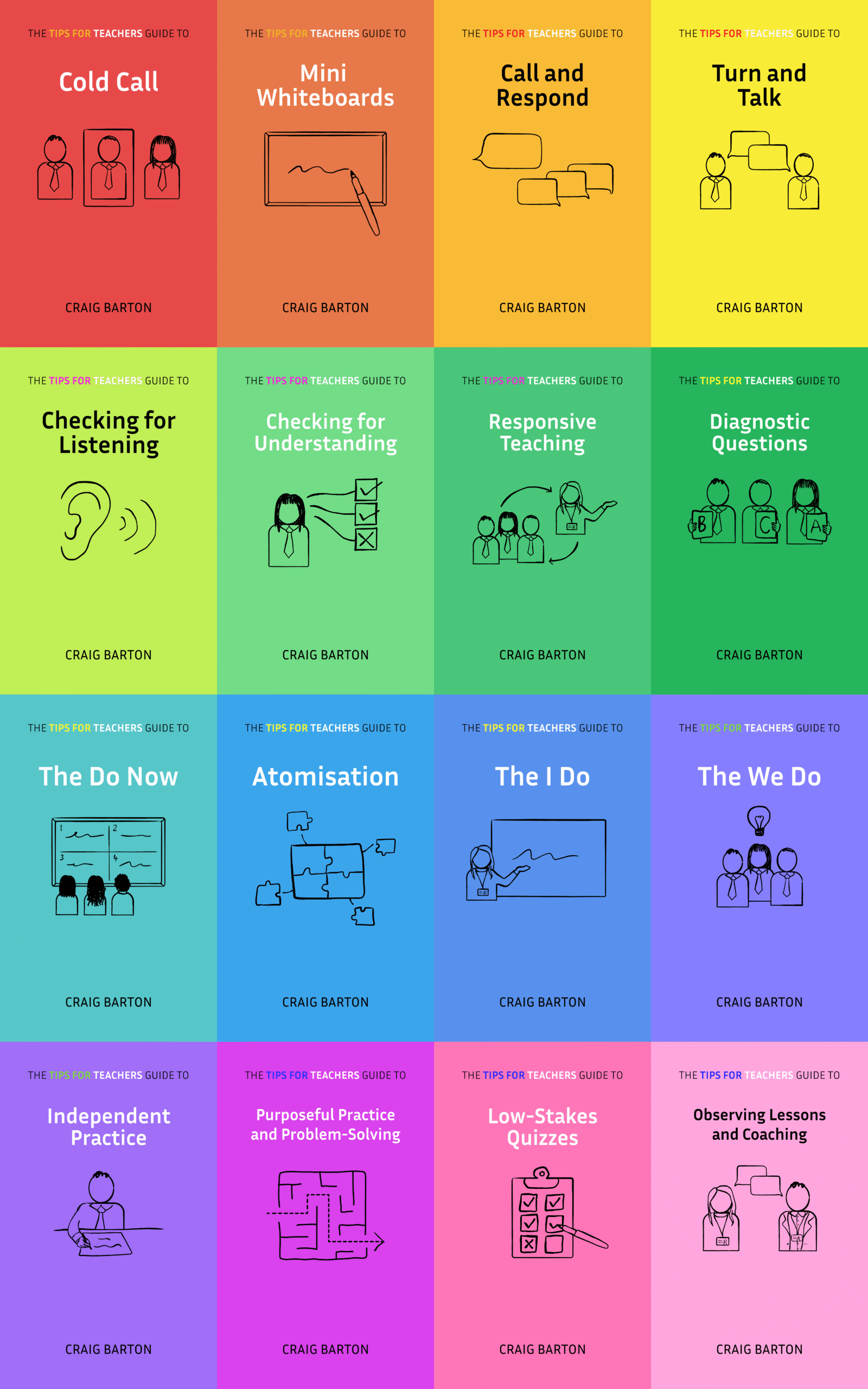
- Title: The effect of hint strength on the benefits of retrieval practice
- Authors: Vaughn et al
- Access the original paper here
- Listen to a deep-dive podcast:
Paper summary
This research paper investigates the impact of hint strength during retrieval practice on learning outcomes. Two experiments tested participants’ recall of bone structures using varying hint types (consonants-only, vowels-only, no hint). Stronger hints, while leading to faster initial recall, resulted in poorer final performance, yet participants paradoxically rated strong hints as more enjoyable and effective. A criterion-learning paradigm in the second experiment did not alter this preference, indicating that even when ensuring equivalent initial success, strong hints still negatively affected learning. Further analyses explored additional metrics of hint strength confirming that stronger hints consistently impaired learning.
What are the key implications for teachers in the classroom?
- Retrieval practice is beneficial, but the strength of hints used should be carefully considered. While hints can make retrieval practice more enjoyable for students, stronger hints can reduce the benefits of retrieval practice and even lead to illusions of learning.
- Students may not be aware of the negative impact of strong hints on their learning. The studies show that students tend to prefer and endorse strong hints, even when those hints lead to worse performance on a final test. This suggests that teachers need to educate students about the importance of challenging retrieval practice and the potential pitfalls of relying on strong hints.
- Real-world learning materials may be more susceptible to the negative effects of strong hints. The studies used real-world anatomy terms, which may have been familiar to some students. This familiarity could have made the strong hints even more misleading. Teachers should be particularly cautious when using hints with material that students may have encountered before.
- A criterion-learning paradigm does not necessarily mitigate the negative effects of strong hints. Even when students were required to correctly recall each item at least once before moving on, the strong hints still led to worse performance on a final test. This suggests that teachers should not assume that simply requiring a certain level of mastery will eliminate the potential downsides of using strong hints.
- Teachers should encourage students to engage in more challenging retrieval practice. The studies suggest that retrieval practice is most effective when it requires effort. Teachers can encourage students to use weaker hints or to avoid hints altogether. They can also provide feedback that encourages students to elaborate on their answers and to make connections between different concepts.
Overall, the sources emphasize the need for teachers to be mindful of the types of hints they use during retrieval practice and to educate students about the potential impact of hints on their learning.
Quote
Although retrieval practice is a beneficial study strategy, students learning real-world course material might want to avoid testing with hints, especially strong hints.








